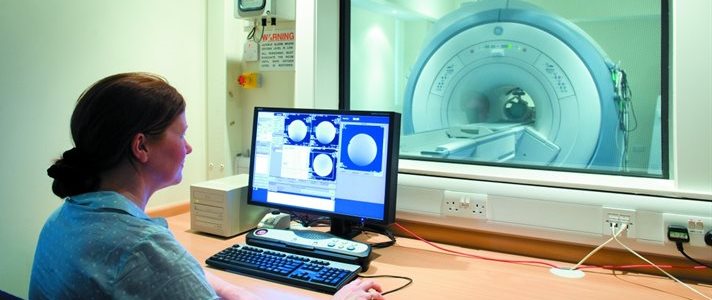
Promoting Activity, Independence and Stability in Early Dementia (PrAISED)
This projects aims to develop a falls prevention programme for people with dementia, based on exercise, gait re-education, dual-task training, analysis of daily activity and risks, and environmental assessment.
Duration: March 2016 to July 2023
Funder: NIHR
Partners:
Nottingham University Hospitals NHS Trust
CHILL investigators:
Profesor Stephen Timmons
Research summary
Background:
People with dementia are at high risk of falls, which accelerate decline in physical and mental health. We will develop and test a therapy programme, which promotes activity and reduces risk of falls, helping people to live well with dementia for longer. Dementia causes loss of memory, judgement, planning, normal walking pattern and balance. 60-80% of people with dementia fall each year, due to factors related to both dementia and general health. Falls cause injury, distress, disability, hospital and care home admissions, and are expensive to the patient, families and society. Nearly half of broken hips occur in someone with dementia. Current attempts to prevent these falls are thought to be ineffective. Recent research has identified possible new approaches.
Design and methods:
We are developing a falls prevention programme, based on exercise, gait re-education, dual-task training, analysis of daily activity and risks, and environmental assessment. These will be adapted and delivered to enable people with dementia to engage and persist with the programme. We will take account of their priorities and interests, retained abilities, physical and mental health problems and the availability (or not) of support from family or other carers. We will include people with mild dementia, who are at risk of deterioration, but who are able enough to participate.
In a programme development study we recruited people with dementia and measured falls risk factors. Interviews with patients, carers, and professionals told us that we should focus on promoting independence and wellbeing through continuing activity, rather than emphasising falls. We drafted an intervention based on literature, practitioner-, patient- and carer-experience, and neuro-psychological expertise. We will study how we can make the programme achievable, including how much supervision is needed. We will evaluate whether it works, and represents value for money, in a randomised-controlled clinical trial. We will measure its success in changing disability, rate of falling, activity levels, memory and quality of life. We will learn what helped and hindered delivery in practice.
The research team includes expertise in falls, dementia, psychology, service development, behaviour change, clinical trials, health economics and interview-based research. We have an excellent record of delivering research for complex problems, leading to changes in clinical care. A successful outcome will maintain wellbeing and quality of life, and help reduce falls and fractures amongst people with dementia.
This will reduce and delay disability, distress and the cost of disease progression, with a real prospect of cost saving to the NHS. An effective intervention would be an important addition to what can be offered following a dementia diagnosis.



